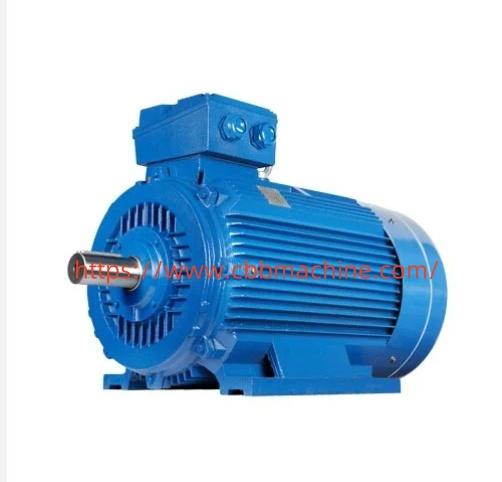Cbbmachine Electric Torque Motor Innovations for Modern Automation

The evolution of motion control technologies has placed the Electric Torque Motor at the center of many modern industrial applications. Known for its precise handling of rotational power, this type of motor is designed to deliver controlled torque output across a wide variety of processes. Unlike traditional systems, which may prioritize speed alone, this motor emphasizes stability and fine adjustment, making it highly suitable for sensitive machinery.
Functionality and Purpose
This motor operates by converting electrical energy into rotational force with a specific emphasis on torque rather than sheer velocity. Such a design allows manufacturers to maintain control over delicate operations, ensuring machines can run smoothly without overstressing components. The ability to hold torque consistently even at low speeds makes it distinct from other motor types.
Industrial Applications
Industries such as printing, winding, and packaging frequently rely on torque-based motors to maintain precision. For example, in processes where films or fabrics are unwound and rewound, stable torque ensures even tension across the material. This directly reduces the risk of wrinkles, breaks, or uneven distribution. Additionally, robotics and automation systems often utilize these motors for precise handling of movement.
Design and Efficiency
A key feature of these motors is their ability to deliver high levels of accuracy without generating excess heat. By maintaining a balance between power consumption and torque output, they improve energy efficiency in continuous-use environments. Engineering advancements also allow for compact designs, which integrate easily into existing production setups.
Benefits for Manufacturers
Manufacturers value these motors not only for their reliability but also for the long-term savings they offer. Reduced downtime, consistent performance, and lower maintenance requirements mean that production can operate with fewer disruptions. In industries where precision is critical, such as electronics assembly or flexible material handling, the role of torque-driven motors becomes even more significant.
Future Trends
As smart manufacturing grows, torque motors are expected to integrate more closely with digital systems. Real-time monitoring, predictive maintenance, and IoT connectivity will likely expand their efficiency further. These developments could make them an even more important tool for factories striving to optimize productivity while minimizing energy costs.
From material handling to automated systems, these motors have redefined how torque is applied in industrial processes. Their precision, adaptability, and growing role in smart technologies highlight their importance in shaping future manufacturing.
For further details, please visit https://www.cbbmachine.com/
- Art
- Causes
- Crafts
- Dance
- Drinks
- Film
- Fitness
- Food
- Jeux
- Gardening
- Health
- Domicile
- Literature
- Music
- Networking
- Autre
- Party
- Religion
- Shopping
- Sports
- Theater
- Wellness
